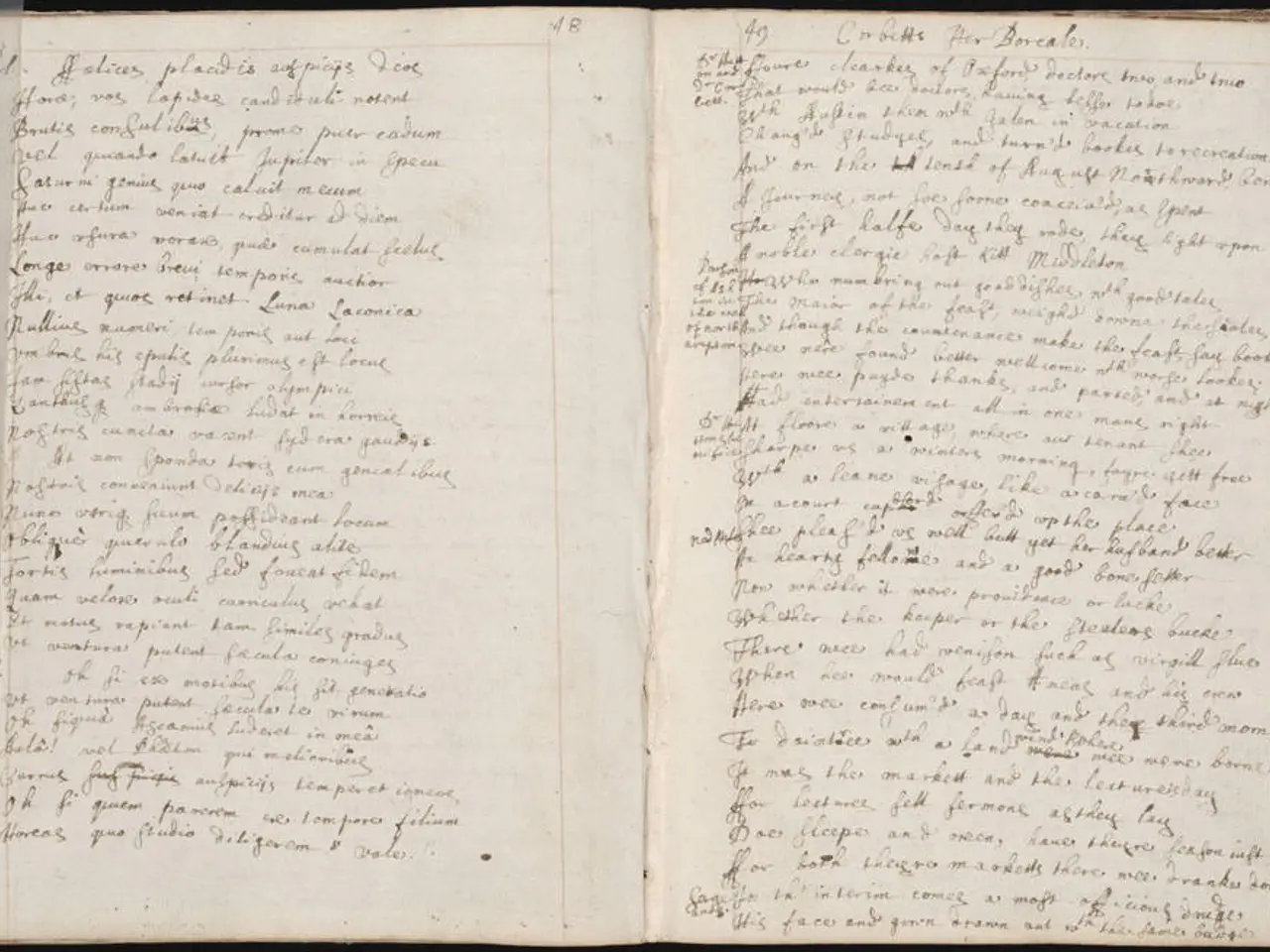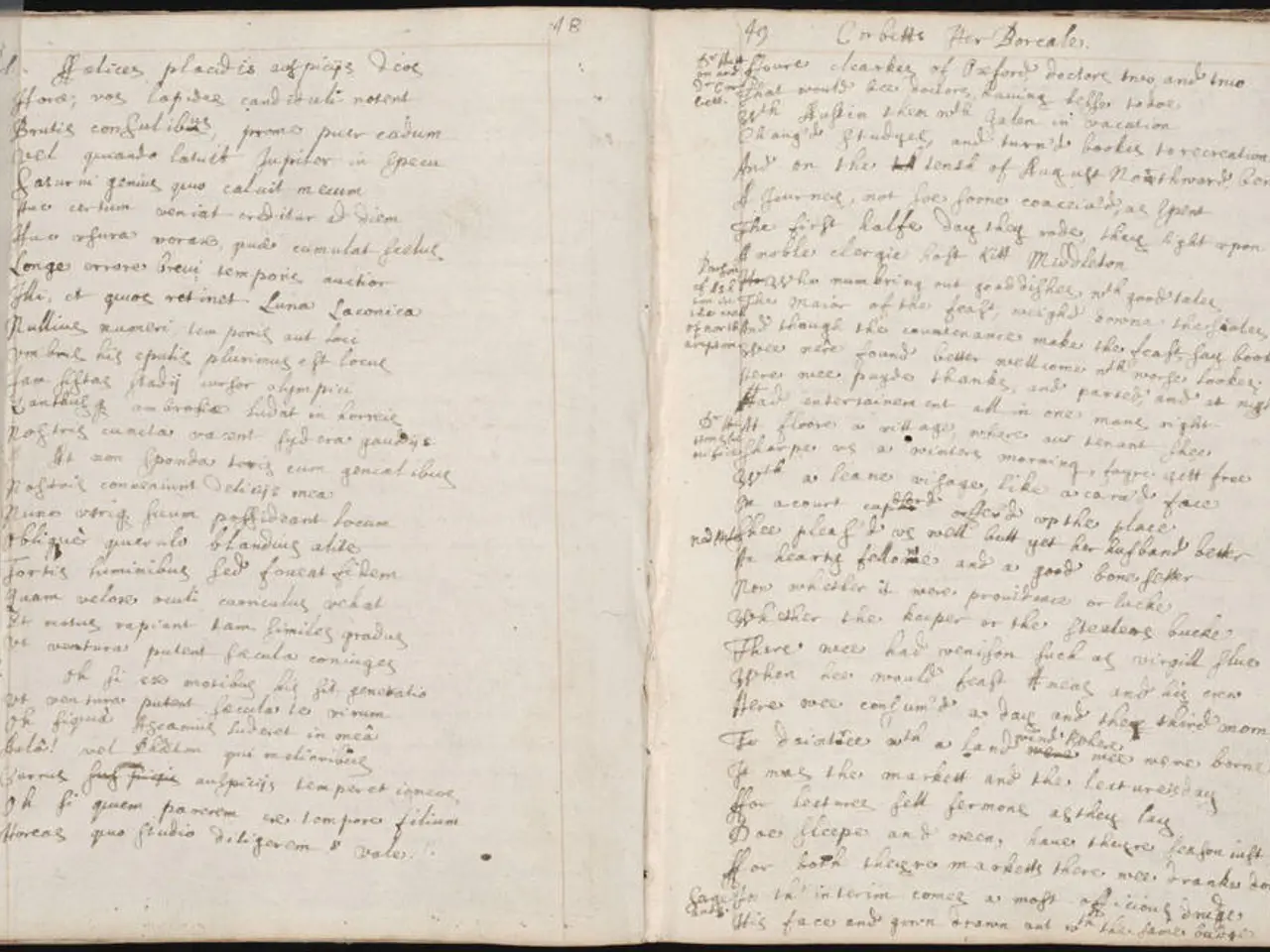Customs inspections will tighten under Trump's administration starting in August.
The Trump administration has set a firm deadline of August 1, 2025, for multiple countries to reach new trade deals with the U.S., or face the reinstatement of increased tariff rates that were initially announced in April but temporarily suspended for 90 days.
If countries fail to secure a deal by this date, tariffs will revert to the higher April levels, which include a baseline 10% tariff on imports from all countries, higher tariffs on steel and aluminum at 50%, a 25% tariff on autos, and additional increases raising some tariff rates from 10% up to 25% on various goods.
The administration is planning to send 12 to 15 letters this week to countries that have not yet finalized trade agreements, warning them about the impending tariff increases effective August 1. Some letters could be sent as early as Monday, July 7, with others possibly going out on Tuesday or Wednesday. These letters will specify the tariff rates that will apply if no deal is made.
The focus is primarily on countries with the largest trade deficits with the U.S., although around 100 letters are expected to be sent to smaller trading partners where trade volume is lower but tariffs are already at the 10% baseline. Countries such as Canada may still face some tariffs despite ongoing negotiations.
Newly announced trade deals have been made with countries like the United Kingdom and Vietnam, which could avoid the tariff increases if agreements are finalized. The U.S. is reportedly on the verge of concluding several trade deals in the coming days.
Commerce Secretary Howard Lutnick and Treasury Secretary Scott Bessent have emphasized that tariffs will indeed go into effect on August 1 if deals are not reached. The administration views this as a way to pressure trading partners into agreements and to potentially increase trade with smaller partners that might become larger trading partners under new terms.
The EU has made "very good progress" after a "slow start" in negotiations, according to the EU, and has considered Scott Bessent as a positive example of negotiating progress. However, Brussels and Washington have not yet reached an agreement on the tariff dispute, and the European Union has not specified which countries the tariffs will affect beyond those mentioned earlier.
The deadline for the EU regarding the tariffs is Wednesday. The tariffs are expected to range between 10 and 70 percent, but the details of the trade deals are still not disclosed. The U.S. Trade Minister, Howard Lutnick, has confirmed that higher tariffs will come into effect on August 1.
[1] "Trump administration sets August deadline for trade deals," Reuters, July 2, 2025. [2] "U.S. to send letters warning of tariff increases," Associated Press, July 4, 2025. [3] "U.S. trade deficit countries in the crosshairs of tariff increases," CNBC, July 5, 2025. [4] "Trump's trade war: What you need to know about tariffs and trade deals," CBS News, July 6, 2025.
Community policy discussions might be necessary to address the potential impacts of increased tariff rates on employment policies within various sectors, considering the Trump administration's firm deadline for trade deals and impending tariff increases. The ongoing politics surrounding trade policy-and-legislation, as well as general news about tariffs and trade deals, illustrate the complexities involved in reaching these agreements.








